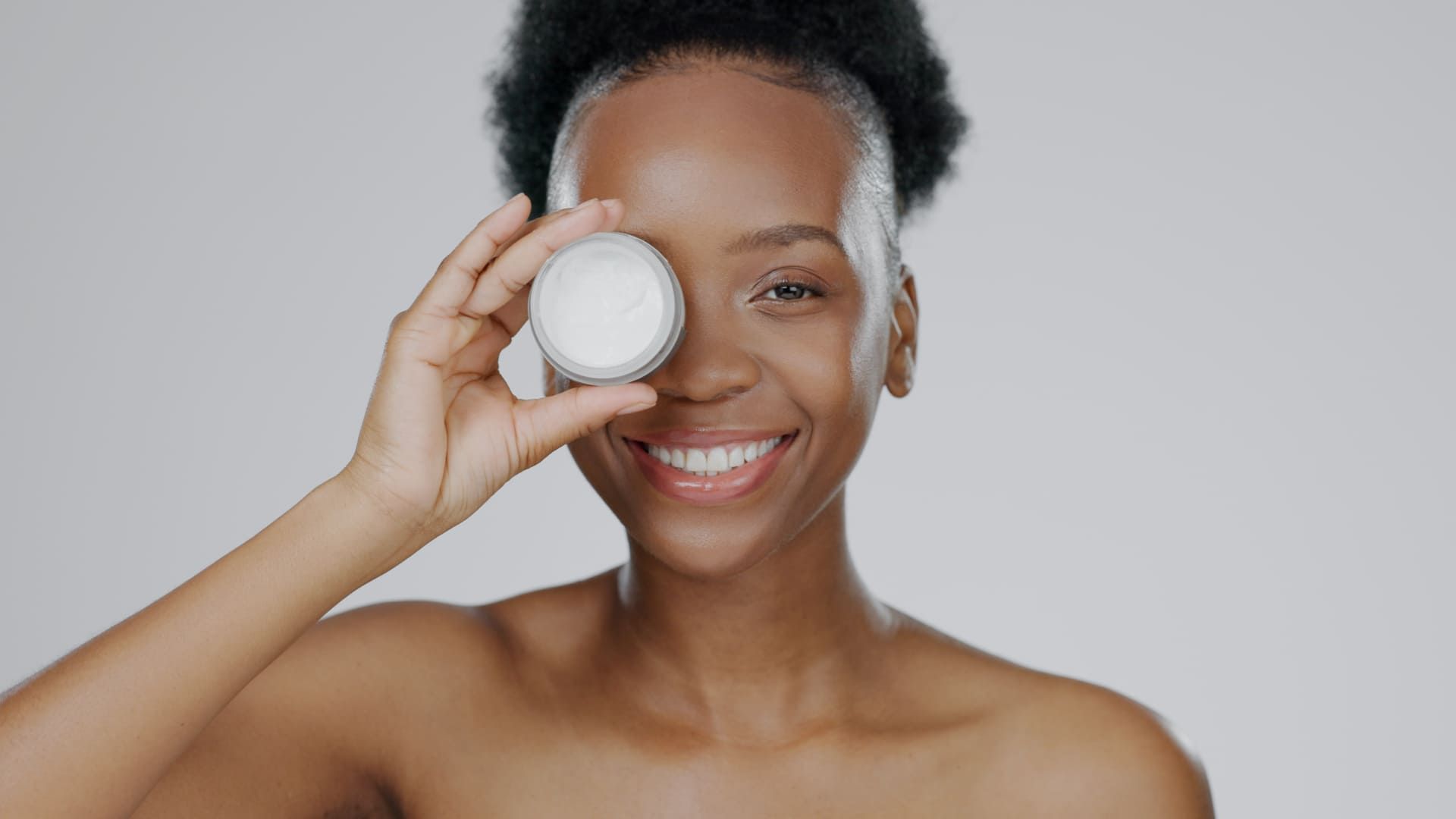Skin & Body Care During Pregnancy Safe Practices

Sarah Johnson, MD

The body undergoes several modifications throughout pregnancy. Your skin may change as your baby develops and hormone levels shift. For many people, this is also when familiar symptoms of dryness or sensitivity appear — something often described in discussions of pregnancy-related dry skin. Because of these changes, your regular skincare routine may need a temporary adjustment.
Certain chemicals in skincare products can pose risks during pregnancy. Many common over-the-counter and prescription ingredients aren’t recommended for expecting parents, so switching to pregnancy-safe options is often the best approach.
Below, our dermatology team explains the most common pregnancy skin changes, ingredients to avoid, and practical ways to keep your skin healthy and comfortable.
Common pregnancy-related skin changes
If you notice your skin behaving differently during pregnancy, you’re not alone — up to 90% of women experience some type of change. It all traces back to the body’s rapid adjustments: increased blood volume, a faster metabolism, and shifting hormones that support both you and your growing baby. These shifts also contribute to second-trimester changes described in overviews such as how the second trimester affects the body.
better with Soula

Support for every woman:
✅ A Personalized Plan to reduce anxiety and overthinking
✅ 24/7 Emotional Support whenever you need it Cycle-Aligned Mental Health Tracking — monitor your mood and symptoms in sync with your period
✅ Real-Time Insights into your energy levels and emotional state
✅ Bite-Sized Exercises to help you return to a calm, balanced state — anytime, anywhere
These internal changes influence the skin in many ways. Some people notice clearer skin, while others experience acne, melasma, dryness, or increased oil production.
- Dark spots / melasma. Extra melanin can cause darker patches on the face, hands, or body. Most of these fade after birth. Using a mineral sunscreen (SPF 30+) and avoiding direct sun helps prevent worsening.
- Stretch marks. As the body expands, the skin may stretch faster than it can adapt, leading to reddish or purple streaks. Moisturizing regularly may help improve comfort, even though stretch marks can’t be fully prevented.
- Acne. Higher oil production can trigger breakouts. Many standard acne treatments aren’t safe during pregnancy, so ingredients must be checked carefully.
- Linea nigra. A dark vertical line on the abdomen that usually fades after childbirth.
Beware of unsafe skincare ingredients
During pregnancy, it’s best to avoid products containing the following ingredients:
- Retinoids (retinol, Retin-A, isotretinoin, retinyl palmitate)
- Hydroquinone
- Formaldehyde and formaldehyde-releasers
- Phthalates (including DEP)
- High-dose salicylic acid
- Chemical sunscreens containing oxybenzone and similar filters
Pregnancy-safe skincare ingredients
Many effective ingredients are considered low-risk during pregnancy when used appropriately. Options such as glycolic acid, azelaic acid, and low-dose salicylic acid can help with acne, texture, and pigmentation. Hyaluronic acid is another well-tolerated choice that helps the skin stay hydrated and supple.
Moisture and gentle care also help with other pregnancy discomforts — for example, swelling and overheating can make the skin feel inflamed or tight, similar to what many describe in guides on pregnancy-related swelling.
Create your pregnancy-safe skin care routine
A simple routine can keep your skin comfortable and protected throughout pregnancy. Consider:
- Using a gentle cleanser twice daily to remove oil, makeup, and buildup
- Applying a moisturizer and a mineral SPF 30+ sunscreen every morning
- Keeping the skin well-hydrated with nourishing creams and plenty of water
Consistency is key — your skin may also be more sensitive after giving birth, especially if you're choosing products for both yourself and your baby. Many parents explore options similar to those covered in resources like gentle newborn creams, which helps guide ingredient awareness for the whole family.
And because stress responses can make skin issues worse, some people find it helpful to work with calming techniques, such as slow breathing or nervous-system relaxation methods inspired by vagus nerve support.
Alongside physical care, many expectant mothers also explore gentle emotional support tools to feel more grounded during pregnancy — and some find comfort in thoughtful, evidence-informed digital resources like AI for mental health.














